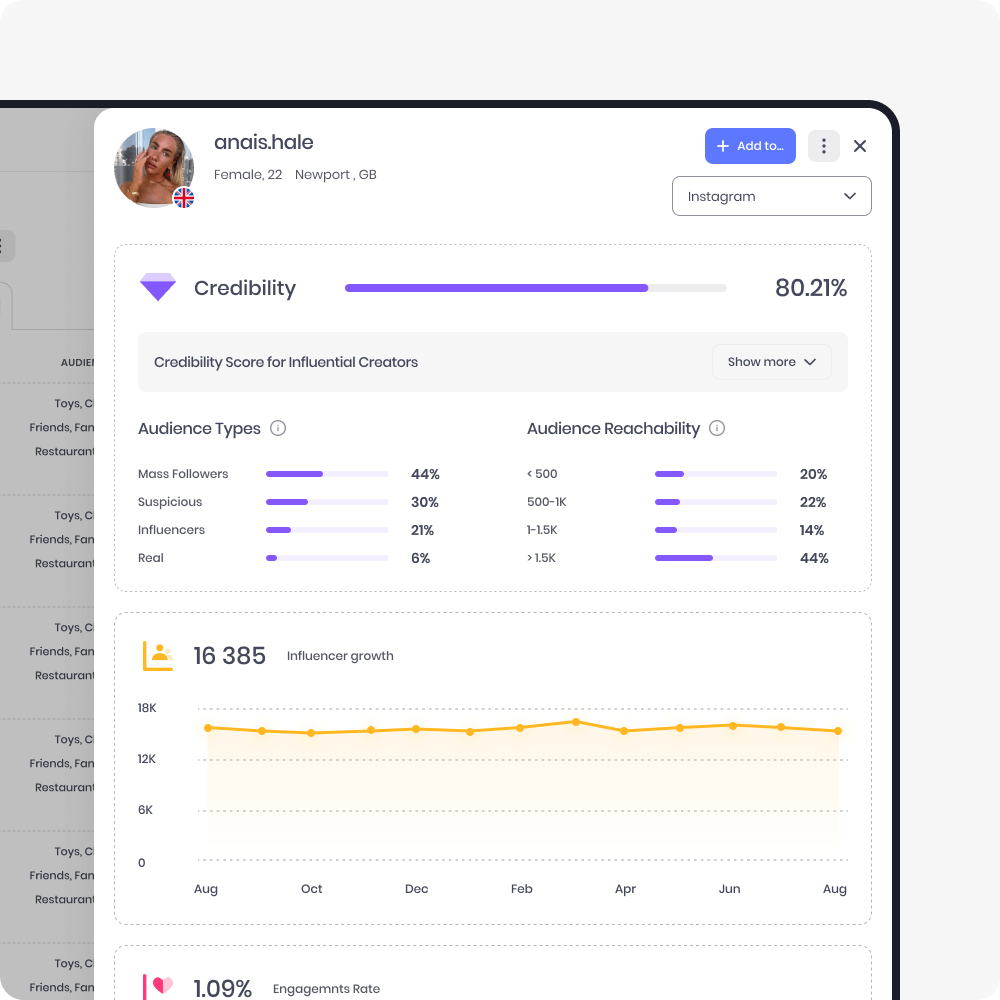Influencer marketing is a powerful tool for eCommerce, but it’s easy to stumble into pitfalls that can undermine your efforts. Here are five common mistakes to avoid:
Absence or Poor Strategy for Influencer Channel
Real-time data provides instant insights into how your influencer campaigns are performing. By monitoring metrics such as sales, traffic, and conversion rates as they happen, you can make informed decisions quickly. This allows you to identify what’s working and what isn’t, enabling you to adjust your strategy on the fly. In a fast-paced eCommerce environment, the ability to pivot based on real-time insights is invaluable.
Choosing Influencers Based on Follower Count Alone
It’s tempting to choose influencers with the largest followings, but this can be misleading. An influencer with millions of followers isn’t necessarily more effective than a micro-influencer with a smaller, more engaged audience. Instead of focusing solely on follower count, consider engagement rates, audience demographics, and the relevance of the influencer’s content to your brand.


Poor Communication and Briefing
Effective collaboration with influencers requires clear and consistent communication. Failing to provide a detailed brief can lead to content that doesn’t align with your brand’s message or goals. Ensure that influencers understand your expectations, brand values, and the specific objectives of the campaign. A well-prepared briefing helps maintain brand consistency and improves the overall effectiveness of the campaign.
Ignoring the Importance of Authenticity
Consumers can easily spot inauthentic content, and it can be damaging to your brand’s reputation. Allow influencers the creative freedom to present your products in a way that feels genuine to their audience. Influencers know their followers best, and when they are allowed to create authentic content, it resonates more and drives better results.
Failing to Track and Analyze Results
Many eCommerce managers overlook the importance of tracking and analyzing the results of their influencer campaigns. Without proper analytics, it’s impossible to know what’s working and what’s not. Use tools to track metrics such as sales, engagement, and ROI. Analyzing this data allows you to refine your strategy, focus on high-performing influencers, and continuously improve your campaigns.
Clarity Is The King
Avoiding these common mistakes can help eCommerce managers harness the full potential of influencer marketing. By setting clear goals, choosing the right influencers, maintaining good communication, promoting authenticity, and tracking results, you can create successful influencer campaigns that drive significant returns for your eCommerce business.





